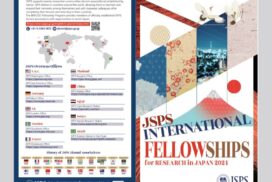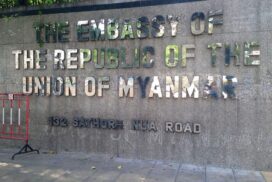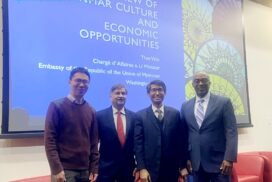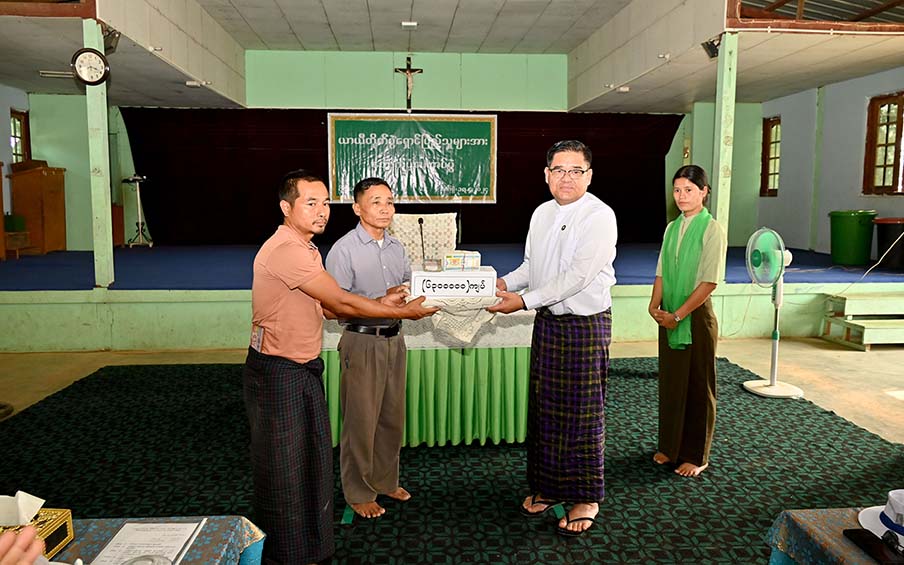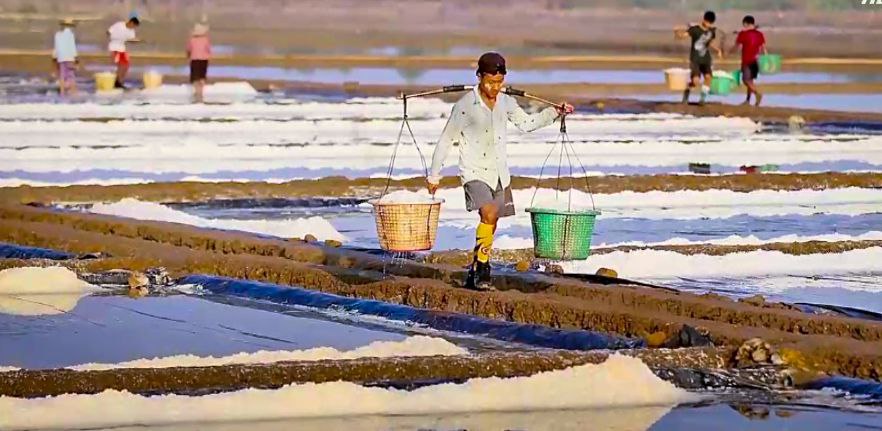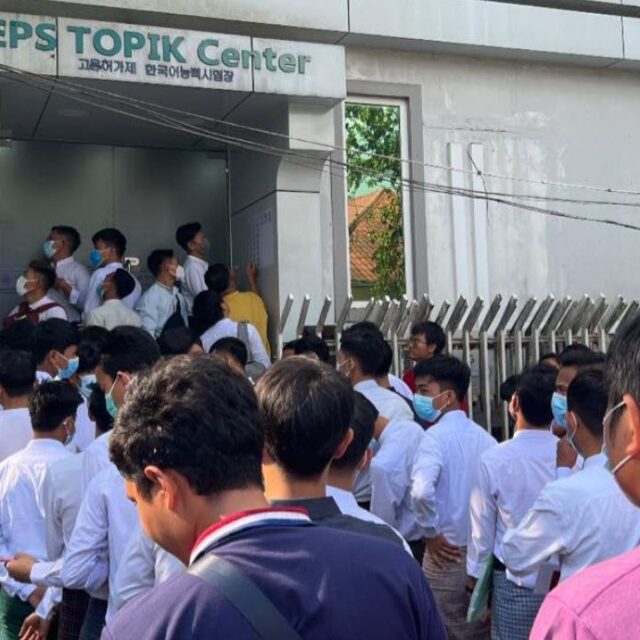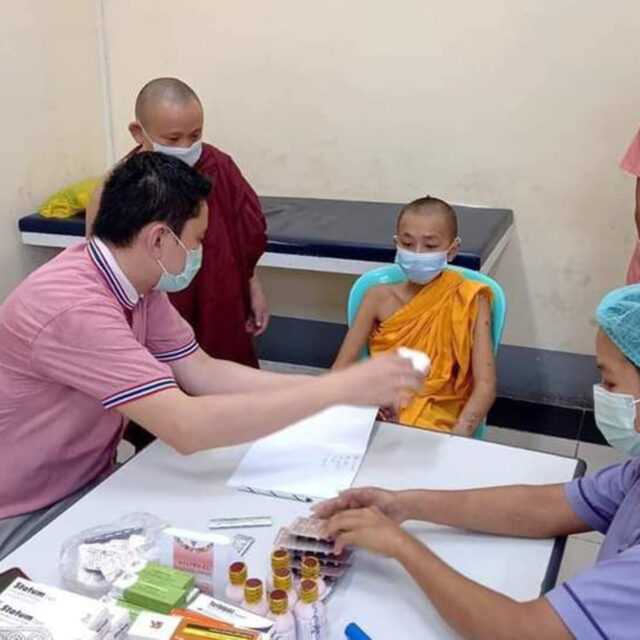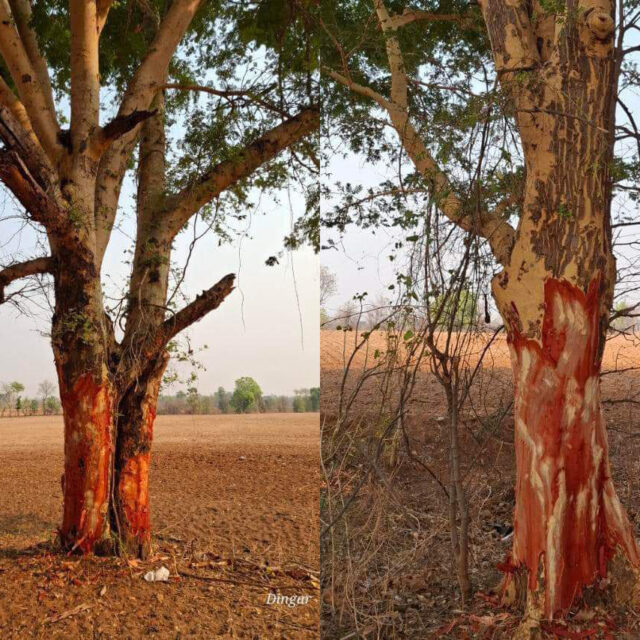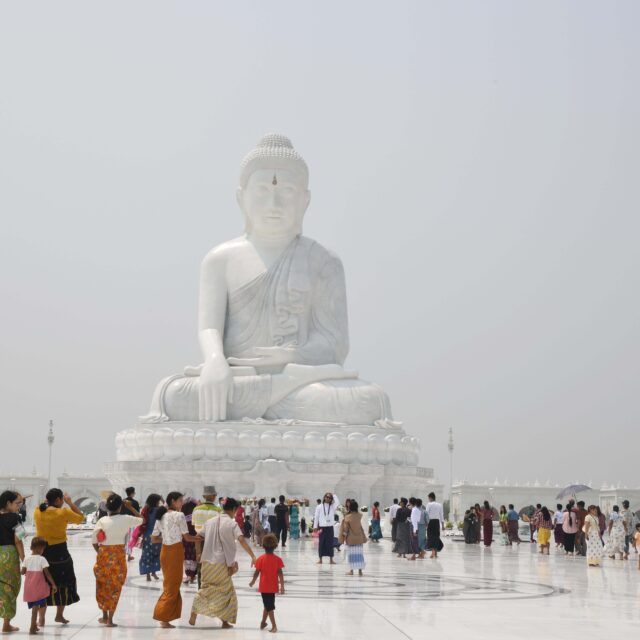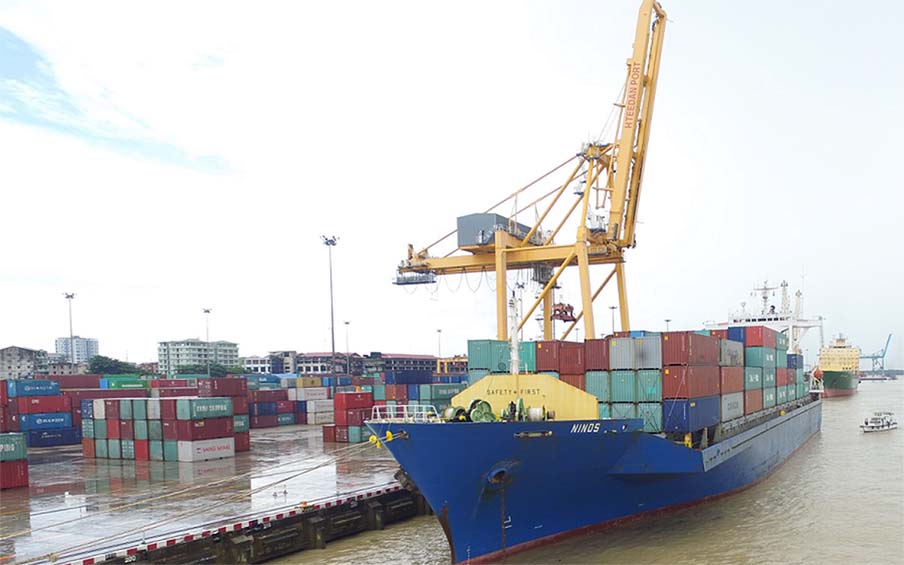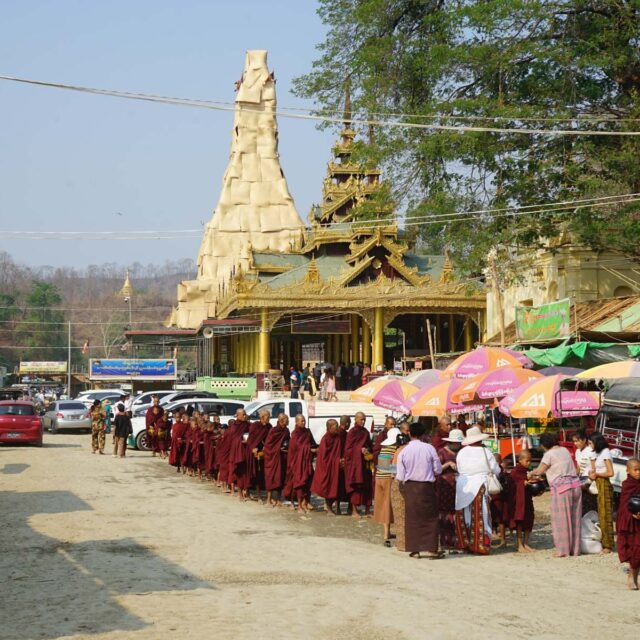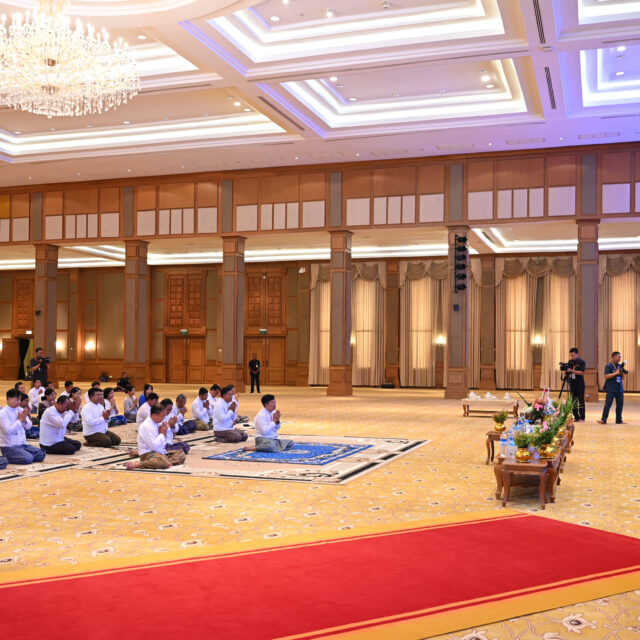The Guardian Newspaper published the Editorial titled “The Guardian view on Myanmar’s military: in power but not in control” and the article titled “Britain is not a passive observer on the world stage. We want oligarchs and dictators to fear us” authored by James Cleverly on 6 and 9 December 2022 respectively.
It is disappointing to observe that the above-mentioned articles contain false narratives of the situation in Myanmar. In this regard, as a response, the Myanmar Embassy transmitted an article as “Letter to the Editor” titled “Understanding myths and realities of Myanmar” which contains approximately 800 words to the Readers’ Editor of The Guardian. Regrettably, the Embassy was replied that the Embassy’s article was not selected for publishing for The Guardian’s reason that amendments to those articles or responses are not determined to be necessary under the editor’s code, and the Embassy’s article exceeds the 300-word limit and needs to be attributed to a person by name. Notwithstanding, the Myanmar Embassy has observed that letters to the editor published daily in The Guardian always exceed the set 300-word limit.
In view of the above, the Myanmar Embassy in London responds to the above-mentioned two articles on Myanmar published in The Guardian as follows:
In response to a Guardian editorial on 6 December 2022: “The Guardian view on Myanmar’s military: in power but not in control” and to a Guardian Op-Ed on 9 December 2022: “Britain is not a passive observer on the world stage. We want oligarchs and dictators to fear us”
The recent Guardian editorial and Op-Ed by the British Foreign Secretary narrated the incumbent and interim government of Myanmar as a loose cannon against its own people and portrayed the image of David and Goliath. For too long, Myanmar has been misconceived by the oversimplification and sensationalism of western media and has been an easy target for western governments to promote their foreign policy goals. And hence clarifications.
Firstly, there is a major misunderstanding in Myanmar’s context alleging the Military staging a coup d’état. In reality, it did not stage a coup and instead, it assumed the responsibility of the State in accordance with the 2008 State Constitution. There were irregularities in the electoral process and yet the previous government failed to address them despite urgent calls by political parties and the Military. (It was later found that out of 38.27 million eligible voters, 11.30 million (29.54 per cent) were fraudulently invalidating the 2020 General Election.) The Military did everything within its bounds to mediate but was largely ignored. Therefore, it leaves with no other option but to invoke the State of Emergency in accordance with the 2008 Constitution. The Military as the vanguard of the 2008 Constitution has formed the State Administration Council (SAC) as a provisional government with a mandate to return the power to the winning party after conducting a free and fair election in accordance with democratic standards. Therefore, the SAC is the de jure and the only legitimate government of Myanmar.
However, there have been attempts to legitimize the so-called CRPH, NUG and PDF groups but they are merely terrorist organizations formed by exiled politicians and radicals. Together, they have conducted full-scale terrorist attacks against innocent civilians to instil fear and disrupt peace and stability. Confiscation of arms and ammunition and those explosive-related materials to launch attacks on innocent civilians from these groups proved that they are ruthless to assassinate government employees, teachers, health workers, and members of political parties who have different views. From February 2021 to 30 November 2022, there were a total of 4,543 deaths committed by these unlawful groups. As the government sought the prevalence of rule of law, it has to take legal actions against those who breached anti-terrorism law and some were given death sentences due to their violent crime and terrorist acts. At the same time, the government has shown leniency by releasing prisoners including foreigners on humanitarian grounds. On the contrary, Myanmar was framed as if the government was instigating terror and suppressing its own people.
The Guardian editorial is in complete dichotomy with the current situation in Myanmar. In reality, the government is solely and entirely in charge of the country ensuring peace, tranquillity, rule of law and socioeconomic livelihood of the people of Myanmar. The SAC has set out the five-point road map to tackle electoral fraud, COVID-19, economic recovery, and peace and to conduct general elections. This is the only viable roadmap for Myanmar’s path to democracy and development. Anyone who happened to visit Myanmar both last year and this year may have noticed how far it has come from living in fear of terror and from economic hardship due to COVID-19 and how much the government has done for the all-round development of the country.
The British Foreign Secretary in his Op-Ed argued the effectiveness of the UK’s sanctions and how they can be imposed at its own discretion. But he may have overlooked the very fact that sanctions do not work and are proven time and again only to be hurting the general public. Sanctions would only delay, not expedite, Myanmar’s transition to democracy. One should not forget that Myanmar’s internal conflicts including the issue of Rakhine are in fact legacies of the colonial past. The UK has a primary responsibility but to date, it has never attempted to hold itself accountable or let alone admitted its role for leaving Myanmar in shatters when it gave independence to Myanmar in 1948.
Myanmar is a responsible member of the international community and understands their concerns. But any external involvement including the ASEAN five-point consensus must complement, not contradict, the government’s five-point road map. Inserting pressure such as imposing sanctions, setting a timeframe as well as demonizing Myanmar will create more negative implications than positive ones. To that end, Myanmar needs international understanding but it would move on with or without support for its road to peace and prosperity.
Myanmar Embassy responds: Understanding myths and realities of Myanmar
- January 27, 2023
- 486

